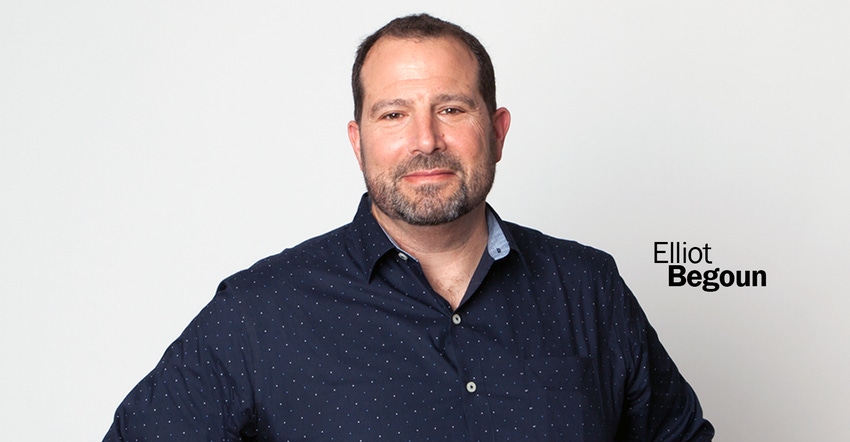Why the natural products industry should drop the term 'consumer'
Here are the terms I suggest using instead.

I don’t like the term “consumer.” It is one-dimensional and does not accurately depict the relationship we enjoy with the people we interact with on social media. They buy our products and often share them with their friends. Can’t we find a better descriptor?
In one respect, maybe we could call them “investors.” They are investing their money in the promise of our brand. They are exchanging money for the expectation of efficacy, enjoyment or satisfaction.
Looking at it differently, we might call them “providers.” They interact with us on social media. Their purchases, or lack thereof, provide us with essential data points, and their comments and reviews help us understand how we are perceived and how we performed.
They are often our supporters, promoters, advocates and more. At times, their tough love keeps us from getting too comfortable or complacent. They can be both loyal and fickle. They are a hell of a lot more than just simple consumers.
None of the above are aptly described when we use the word “consumer.” Doing so, I believe, diminishes the importance of the relationship, allowing both sides to devalue the other. This is especially true of the roughly 50 million individuals who purchase natural products. They aren’t just consuming. They are promoting change. They want to do more through their purchases, hoping to support human, social and environmental health.
I don’t know what to call them—friends, trust-givers, participants—but they’ve earned something more than being known simply as consumers. In my opinion, doing so limits our ability to connect with them, think of them first as we make decisions and use them as our guides.
Not putting them first is why so many brands find themselves off course, no longer relevant or even viable.
In his book “Art of Community,” Jono Bacon describes three types of communities:
Consumers
Collaborators
Champions
I am going to take a bit of liberty with this construct. First, let’s change “consumers” to “contributors.” Second, rather than three separate communities, we should think of it as one big tent. For a brand to succeed, it will need to build a community that houses its contributors, collaborators and champions.
Contributors interact with the brand through social media, their purchases, comments and reviews. Collaborators are your industry peers, fellow entrepreneurs, influencers, media, etc. Champions are your mentors, advisors, board members, family and more. All three are needed for any brand to experience lasting success.
Join me in dropping the term “consumer” and instead embrace the building of community. In my opinion, in the natural products industry, that better represents who we are.
Elliot Begoun is a 30-year industry veteran, author and the founder of TIG, a practice focused on helping emerging natural product brands grow.
Have some big ideas or thoughts to share related to the natural products industry? We'd love to hear and publish your opinions in the newhope.com IdeaXchange. Check out our submission guidelines.
About the Author(s)
You May Also Like




